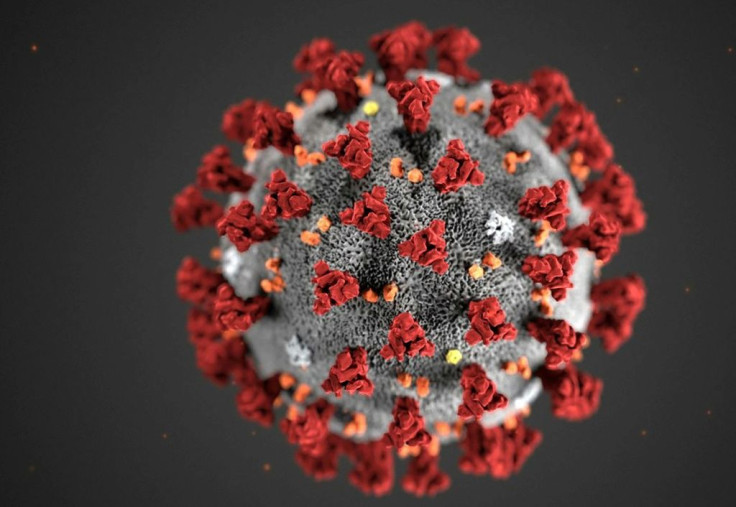Coronavirus Antibodies May Only Last For Three Months, Study Reveals

KEY POINTS
- The limited effectivenss antibodies against the COVID-19 virus is proving a problem in developing vaccines
- Antibodies might be protective for only three months
- It means booster shots will be needed
Antibodies protecting people against COVID-19 might confer this advantage for only up to two to three months, according to a new study out of China.
The study also shows SARS-CoV-2 (severe acute respiratory syndrome coronavirus 2), the virus that causes COVID-19, apparently behaves like other coronaviruses. This means a vaccine might not provide long-term immunity against COVID-19 in an outcome similar to that of the influenza vaccine. Health experts have said there isn't enough data to indicate coronavirus antibodies ensure long-term immunity against the SARS-CoV-2.
Researchers at the Wanzhou District in Chongqing province, China, compared the antibody responses of 37 asymptomatic people with that of 37 symptomatic people in a small study. The 37 asymptomatic individuals were diagnosed with RT–PCR-confirmed SARS-CoV-2 infections but without any relevant clinical symptoms in the preceding 14 days and during hospitalization. The asymptomatic individuals were admitted to the Wanzhou People’s Hospital.
Researchers found individuals without symptoms had a weaker antibody response than those presenting symptoms. Within eight weeks, antibodies plummeted to undetectable levels in 40% of asymptomatic people compared with 12.9% of symptomatic people.
While limited, the study nevertheless seems to confirm suppositions that antibodies produced in response SARS-CoV-2 do offer protection against renewed infection. On the other hand, scientists still can't tell how long immunity lasts.
Health experts say there isn't enough data to confirm antibodies ensure immunity against SARS-CoV-2.
Dr. Anthony Fauci, director of the National Institute of Allergy and Infectious Diseases, continues to say a vaccine might not provide long-term immunity if COVID-19 behaves like other coronaviruses like the flu.
“When you look at the history of coronaviruses, the common coronaviruses that cause the common cold, the reports in the literature are that the durability of immunity that’s protective ranges from three to six months to almost always less than a year,” he said earlier this month. “That’s not a lot of durability and protection.”
Antibodies, which emanate from plasma cells, are protective proteins produced by the immune system in response to the presence of a foreign substance called an antigen. Also called immunoglobulins, antibodies recognize and engulf antigens (such as a virus) in order to remove them from the body. They attack antigens by binding to them.
Vaccines induce the immune system to produce antibodies, and help develop immunity by imitating an infection.
The study is entitled, "Clinical and immunological assessment of asymptomatic SARS-CoV-2 infections."
© Copyright IBTimes 2025. All rights reserved.





















